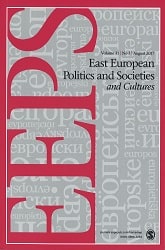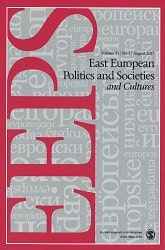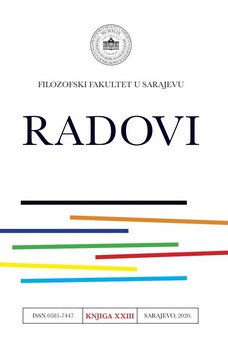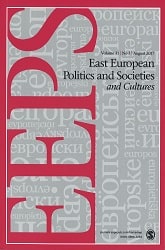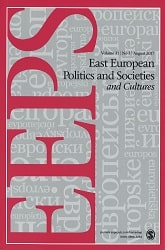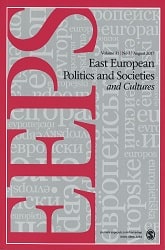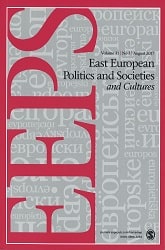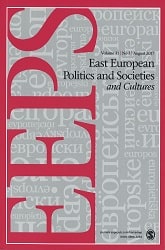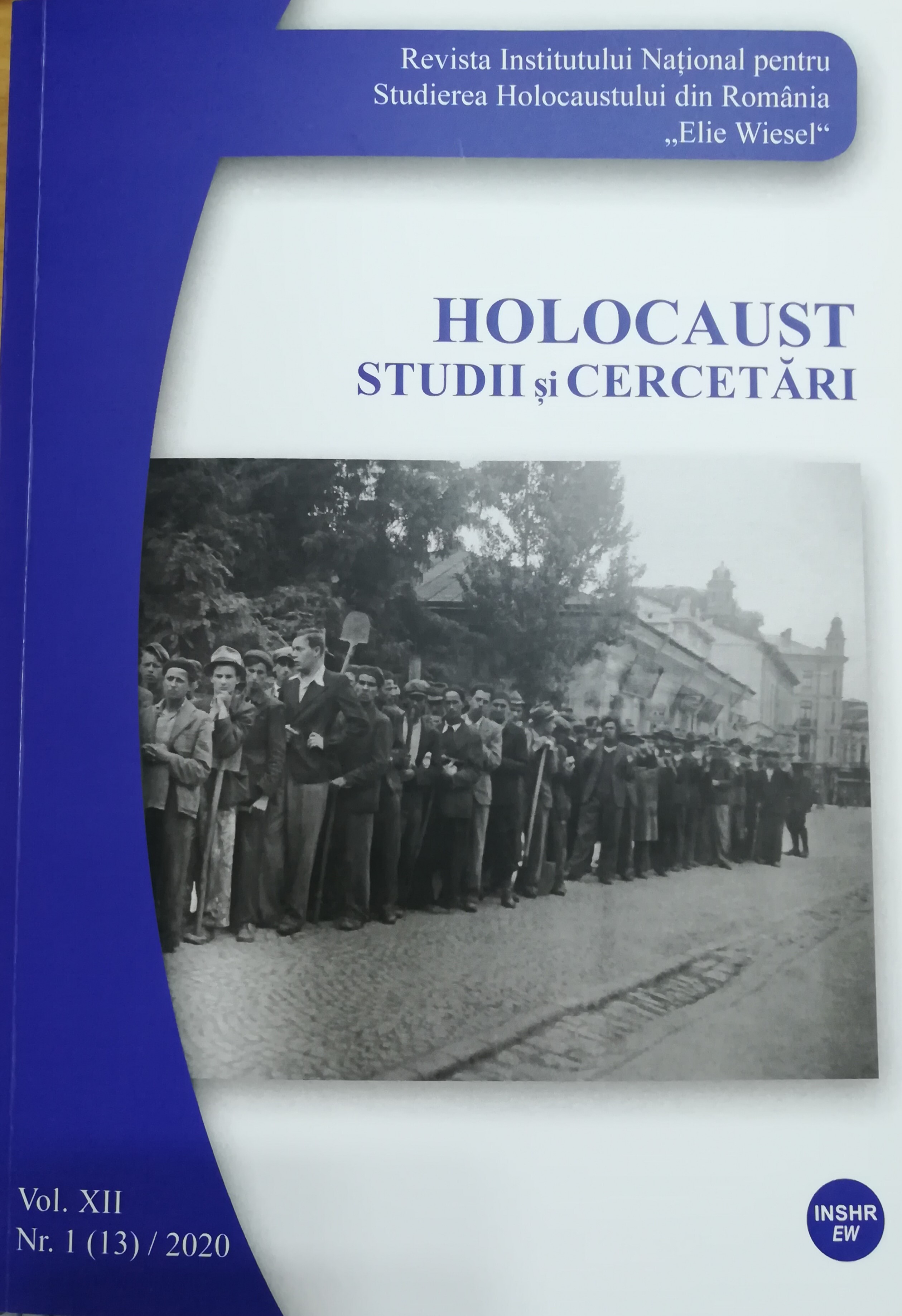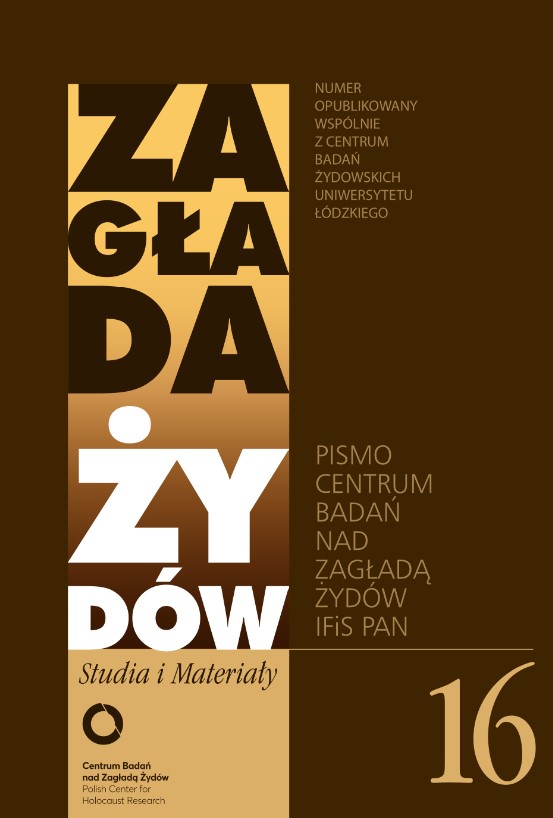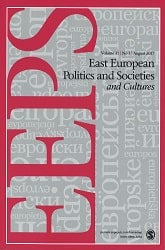
Balkan Anti-Semitism: The Cases of Bulgaria and Romania before the Holocaust
The considerable difference between Bulgaria and Romania with regards to Jews and anti-Semitism makes for an intriguing case study, and the available evidence thus far appears to challenge prominent theories of European anti-Semitism. Why did Bulgaria protect its Jews despite its alliance with Nazi Germany during WWII, while anti-Semitism flourished in Romania? Were these countries equally as distinct with regards to anti-Semitism prior to the rise of European fascism? If so, how great was the difference in popular anti-Semitism in the two countries, and how might the differences be explained? In this article, the authors attempt to address the latter two questions by examining Bulgarian and Romanian anti-Semitism prior to WWII. They seek to show that popular anti-Semitism in Bulgaria was noticeably scant between 1899 and 1939 while rather extensive in Romania during the same period, attempt to illustrate where existing theories of anti-Semitism have trouble explaining the cases of Bulgaria and Romania, and propose an eclectic theory to account for societal variation in anti-Semitism.
More...
